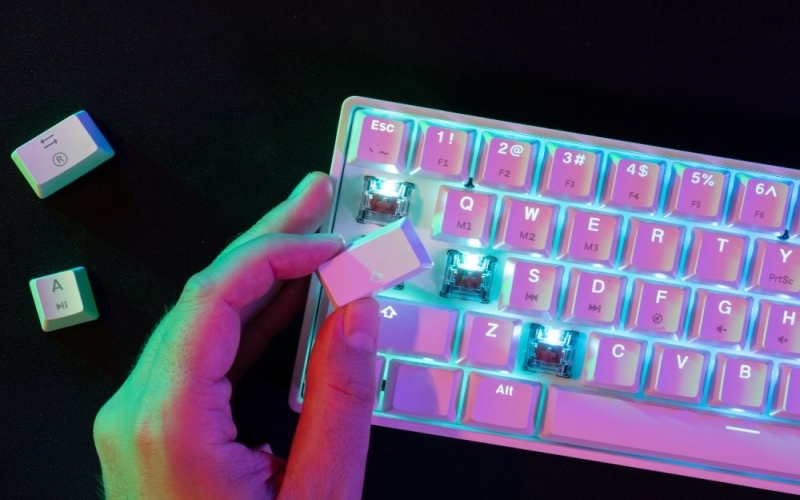Introduction
In recent years, the integration of blockchain Winbox login technology into online gaming has sparked a wave of innovation, opening up new possibilities for decentralized economies within virtual worlds. In this article, we delve into the intersection of online gaming and blockchain technology, exploring how decentralized systems are reshaping in-game economies and empowering players like never before.
Understanding Blockchain Technology
At its core, blockchain technology is a decentralized ledger system that records transactions across a network of computers. Each transaction is encrypted and stored in a “block,” which is linked to the previous block, forming a chain of immutable data. This distributed and transparent system eliminates the need for intermediaries, such as banks or central authorities, and ensures security, transparency, and trust in transactions winbox download.
Decentralized Economies in Games
Traditionally, in-game economies have been controlled by game developers, who dictate the acquisition, distribution, and exchange of virtual assets. However, blockchain technology enables the creation of decentralized economies, where players have greater autonomy and ownership over their digital possessions. Through the use of blockchain-based tokens, smart contracts, and non-fungible tokens (NFTs), players can buy, sell, and trade virtual assets with unprecedented freedom and security.
Tokenization of In-Game Assets
One of the most significant applications of blockchain technology in online gaming is the tokenization of in-game assets. By representing virtual items, such as weapons, skins, or currency, as blockchain-based tokens, players gain true ownership and control over their digital belongings. These tokens can be freely traded on decentralized exchanges, allowing players to monetize their time and effort spent in-game.
Empowering Player-driven Economies
Decentralized economies in games empower players to take control of their gaming experience and participate in the creation of value within virtual worlds. Rather than relying on centralized authorities, players can collaborate, compete, and transact directly with one another, fostering a dynamic and vibrant gaming ecosystem. Moreover, decentralized economies enable new forms of gameplay, such as player-run marketplaces, asset-backed loans, and collaborative ventures.
Ensuring Transparency and Security
Blockchain technology ensures transparency and security in decentralized gaming economies by providing a tamper-proof record of all transactions. Players can verify the provenance and ownership of virtual assets, reducing the risk of fraud, theft, or counterfeiting. Additionally, smart contracts—self-executing contracts with predefined rules encoded on the blockchain—automate transactions and enforce agreements, further enhancing trust and reliability in in-game transactions.
Challenges and Opportunities
While the integration of blockchain technology into online gaming holds tremendous promise, it also presents challenges and opportunities for developers, players, and regulators alike. Technical hurdles, such as scalability, interoperability, and user experience, must be overcome to realize the full potential of decentralized gaming economies. Moreover, regulatory concerns, including taxation, consumer protection, and anti-money laundering, require careful consideration to ensure compliance and mitigate risks.
Educational Initiatives and Awareness Campaigns
Raising awareness about the ethical implications of digital piracy is essential in fostering a culture of respect for intellectual property rights within the gaming community. Educational initiatives, such as campaigns highlighting the human cost of piracy and the importance of supporting creators, can help shift attitudes and behaviors towards more ethical consumption practices.
The Future of Decentralized Gaming Economies
Despite these challenges, the future of decentralized gaming economies appears bright. As blockchain technology matures and adoption grows, we can expect to see a proliferation of innovative games and platforms that empower players and redefine the boundaries of virtual worlds. From blockchain-based MMOs to decentralized gaming marketplaces, the possibilities are limited only by our imagination. By embracing blockchain technology, the online gaming industry stands poised to usher in a new era of player-centric gaming experiences and economic empowerment.


